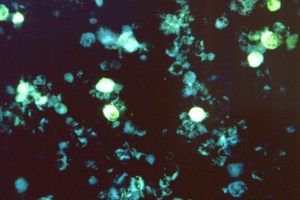Tag: multiple sclerosis
-
Health
Engineered probiotic developed to treat multiple sclerosis
Researchers are working on a new approach to target autoimmunity in the brain — a condition at the core of several diseases, including multiple sclerosis.

-
Health
Seeing brain activity in ‘almost real time’
Researchers from Brigham and Women’s Hospital, King’s College London, and other institutions have developed a technique for measuring brain activity that’s 60 times faster than traditional fMRI.
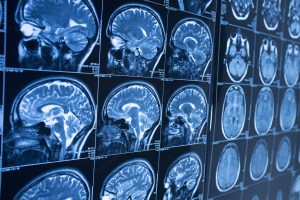
-
Health
Is MS risk influenced by friends and families’ unhealthy habits?
A new study explores how health habits within personal social networks may impact neurological outcomes, with a special focus on multiple sclerosis.

-
Health
New research finds key players in MS progression
Researchers identify the key players involved in the gut-brain connection and their roles in the progression of neurologic diseases, such multiple sclerosis.
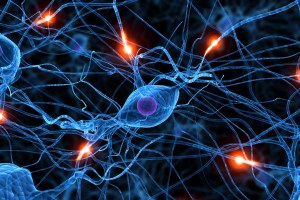
-
Health
Gut-brain connection moves into MS territory
Using pre-clinical models for multiple sclerosis and samples from MS patients, a Harvard-affiliated team found evidence that changes in diet and gut flora may influence astrocytes in the brain, and, consequently, neurodegeneration, pointing to potential therapeutic targets.
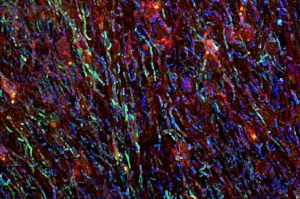
-
Health
Why MS symptoms may improve as days get shorter
By first looking broadly at possible environmental factors and then deeply at preclinical models of multiple sclerosis (MS), a BWH research team found that melatonin — a hormone involved in regulating a person’s sleep-wake cycle — may influence MS disease activity.

-
Health
Turning science on its head
Myelin, the electrical insulating material in the body long known to be essential for the fast transmission of impulses along the axons of nerve cells, is not as ubiquitous as thought, according to new work led by Professor Paola Arlotta.
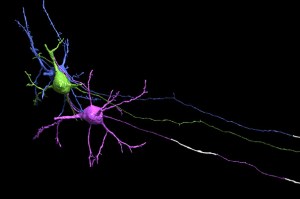
-
Health
‘Sunshine vitamin’ looks a little brighter
Adequate levels of vitamin D during young adulthood could cut the risk of adult-onset type 1 diabetes by as much as 50 percent, according to new findings by researchers at the Harvard School of Public Health.

-
Health
Fixing the way we fix the brain
With neurodegenerative diseases affecting millions and having the potential to bankrupt the U.S. health care system, Harvard Medical School, seven pharmaceutical companies, and the Massachusetts state government have formed the Massachusetts Neuroscience Consortium. The goal: to offer new collaborative research models.

-
Health
Age-related effects of MS may prove reversible
In a new study, Harvard stem cell researchers and scientists at the University of Cambridge have found that the age-related degeneration in conditions such as multiple sclerosis (MS) may be reversible.

-
Health
Health care disparities for disabled
Two decades after the Americans with Disabilities Act went into effect, people with disabilities continue to face difficulties meeting major social needs, including obtaining appropriate access to health care facilities and services.

-
Health
Poised for progress
A discovery by scientists at Harvard-affiliated Dana-Farber Cancer Institute may lead to an effective way of operating the immune system’s internal “control panel,” improving therapies for a variety of diseases.
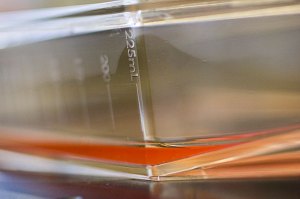
-
Campus & Community
Drinking Milk While Pregnant May Lower Kids’ MS Risk
Children born to mothers who drink lots of milk and have a high dietary intake of vitamin D during pregnancy have a much lower risk of developing multiple sclerosis later in life, researchers say…



